Search
Search Results
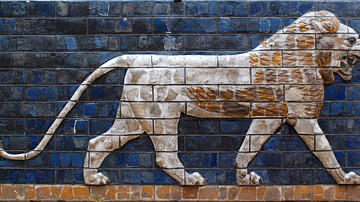
Definition
Babylon
Babylon is the most famous city from ancient Mesopotamia whose ruins lie in modern-day Iraq 59 miles (94 km) southwest of Baghdad. The name is derived from bav-il or bav-ilim, which in Akkadian meant "Gate of God" (or "Gate of the Gods"...

Article
The Coronation Ceremony of the British Monarchy
The coronation ceremony of the British monarchy as we know it today involves many elements that have been a part of the pageantry ever since the 11th century. Such features of the ceremony carried out in Westminster Abbey since 1066 have...

Definition
Hanging Gardens of Babylon
The Hanging Gardens of Babylon were the fabled gardens which beautified the capital of the Neo-Babylonian Empire, built by its greatest king Nebuchadnezzar II (r. 605-562 BCE). One of the Seven Wonders of the Ancient World, they are the only...
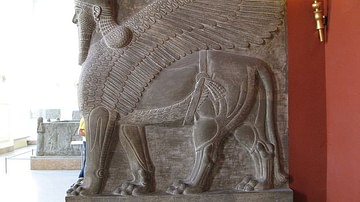
Definition
Tukulti-Ninurta I
Tukulti-Ninurta I (reigned 1244-1208 BCE) was a king of the Assyrian Empire during the period known as the Middle Empire. He was the son of Shalmaneser I (reigned 1274-1245 BCE) who had completed the work of his father, Adad Nirari I, in...
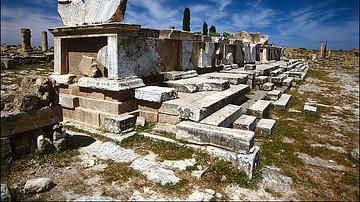
Definition
Foundation Decree of Cyrene
The Foundation Decree of Cyrene (c. 322 BCE) is a covenant between the citizens of Cyrene in North Africa in the 4th century BCE and those of their mother-state of Thera granting any who wish to become Cyrenean citizens the same rights and...
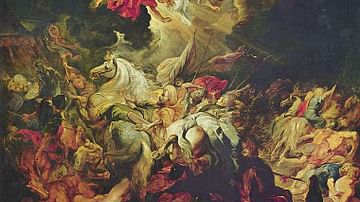
Article
The Mutual Destruction of Sennacherib & Babylon
The reign of Assyrian king Sennacherib (705-681 BCE) was chiefly characterized by his difficulties with Babylon. Throughout the history of the Assyrian Empire, Babylon had caused problems and had even been destroyed by the Assyrian king Tukulti-Ninurta...
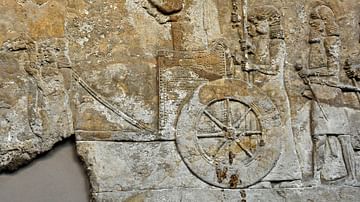
Definition
Sennacherib
Sennacherib (r. 705-681 BCE) was the second king of the Sargonid Dynasty of Assyria (founded by his father Sargon II, r. 722-705 BCE). He is one of the most famous Assyrian kings owing to the part he plays in narratives in the biblical Old...
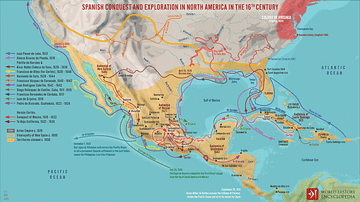
Definition
The Conquest of New Spain
The Conquest of New Spain by Bernal Díaz del Castillo (1492 to c. 1580) is an account written in 1568 of the early Spanish colonization of Mesoamerica, specifically the conquest of the Aztec civilization in Mexico from 1519 to 1521 when Díaz...
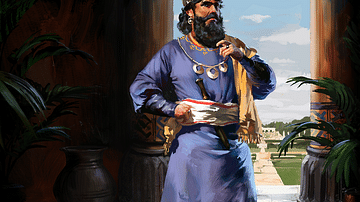
Definition
Nebuchadnezzar II
Nebuchadnezzar II (r. 605/604-562 BCE) was the greatest King of ancient Babylon during the period of the Neo-Babylonian Empire (626-539 BCE), succeeding its founder, his father, Nabopolassar (r. 626-605 BCE). He is best known from the biblical...
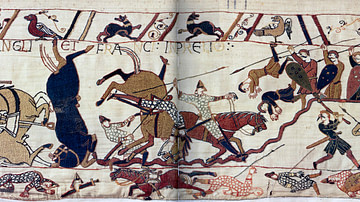
Definition
Norman Conquest of England
The Norman Conquest of England (1066-71) was led by William the Conqueror who defeated King Harold II at the Battle of Hastings in 1066. The Anglo-Saxon elite lost power as William redistributed land to his fellow Normans. Crowned William...